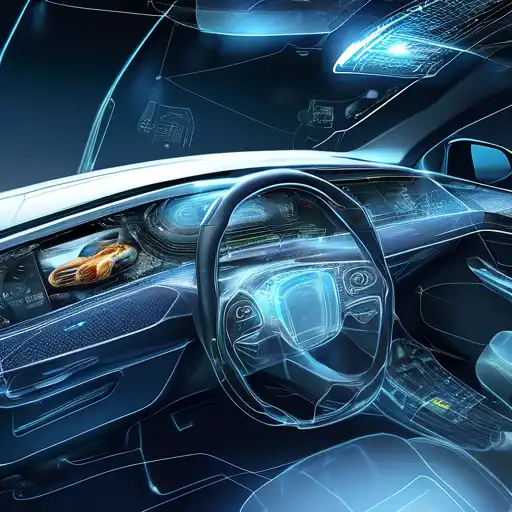The Role of Embedded Systems in Modern Automotive Design
Embedded systems have become the backbone of modern automotive design, driving innovations that enhance safety, efficiency, and user experience. These specialized computing systems are designed to perform dedicated functions within larger mechanical or electrical systems, making them ideal for the automotive industry's demanding environment.
Enhancing Vehicle Safety with Embedded Technology
One of the most critical applications of embedded systems in the automotive sector is in the realm of safety. From advanced driver-assistance systems (ADAS) to anti-lock braking systems (ABS), embedded systems work tirelessly to prevent accidents and protect passengers. For instance, sensors and microcontrollers can detect potential collisions and automatically apply brakes or adjust the vehicle's trajectory to avoid impact.
Driving Innovation in Automotive Features
Beyond safety, embedded systems are paving the way for innovative features that redefine the driving experience. Infotainment systems, navigation aids, and even autonomous driving capabilities rely on the precision and reliability of embedded technology. These systems not only provide convenience and entertainment but also contribute to the vehicle's overall intelligence and adaptability.
The Future of Embedded Systems in Automotive
As the automotive industry continues to evolve, the role of embedded systems is set to expand further. With the advent of electric vehicles (EVs) and the push towards fully autonomous cars, the demand for sophisticated embedded solutions will only grow. These systems will need to be more powerful, energy-efficient, and capable of processing vast amounts of data in real-time to meet future challenges.
Challenges and Opportunities
Despite their benefits, the integration of embedded systems in automotive applications is not without challenges. Issues such as cybersecurity risks, system complexity, and the need for continuous updates pose significant hurdles. However, these challenges also present opportunities for innovation and improvement, driving the industry towards safer, smarter, and more efficient vehicles.
In conclusion, embedded systems are at the heart of the automotive industry's transformation, offering unparalleled opportunities for safety enhancements and innovation. As technology advances, these systems will continue to play a pivotal role in shaping the future of transportation.
